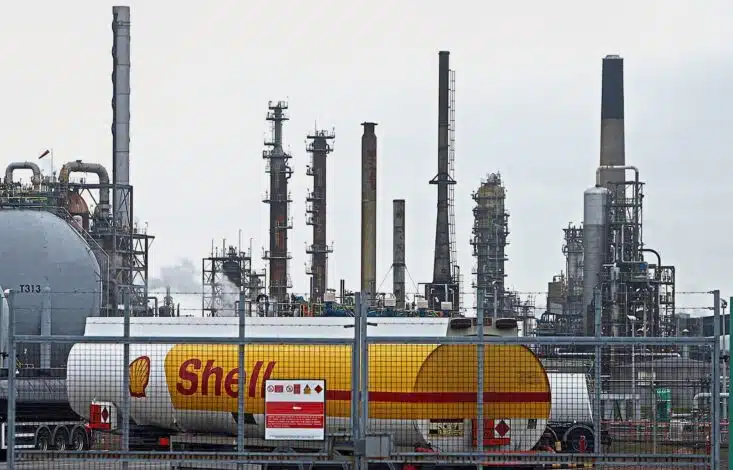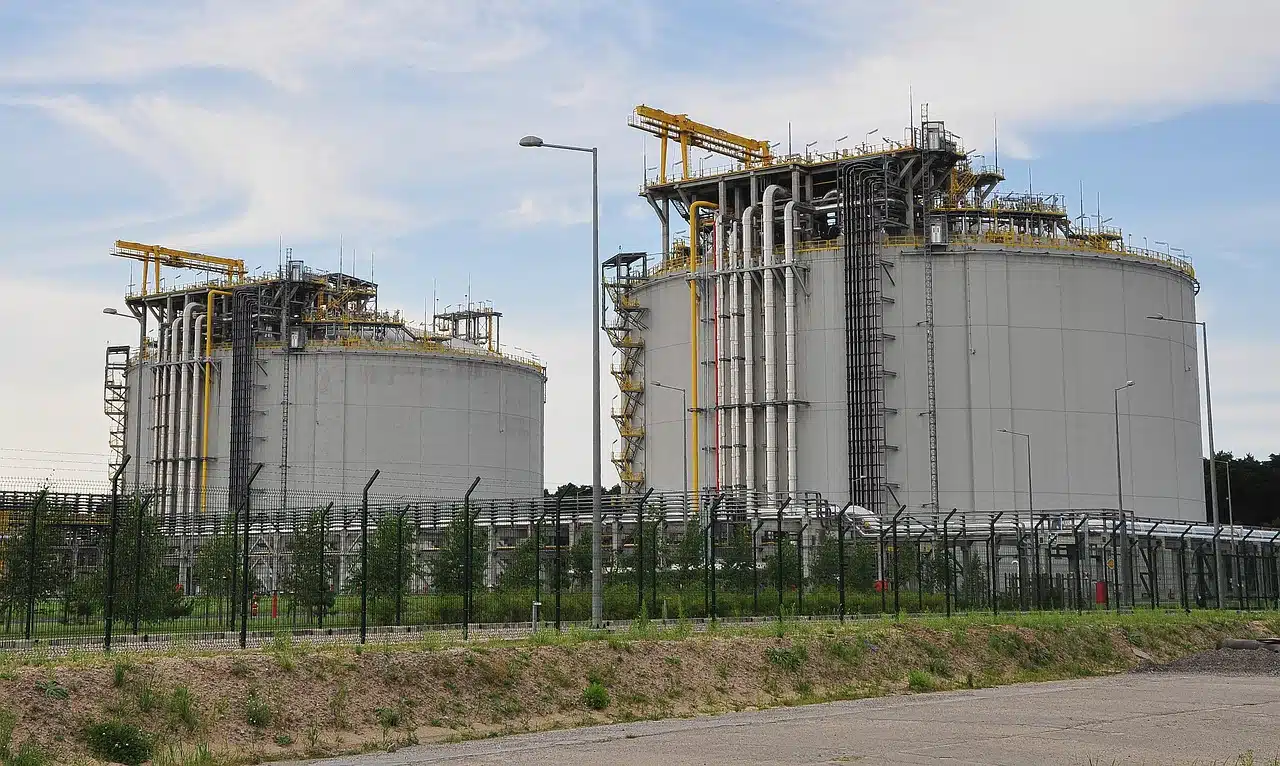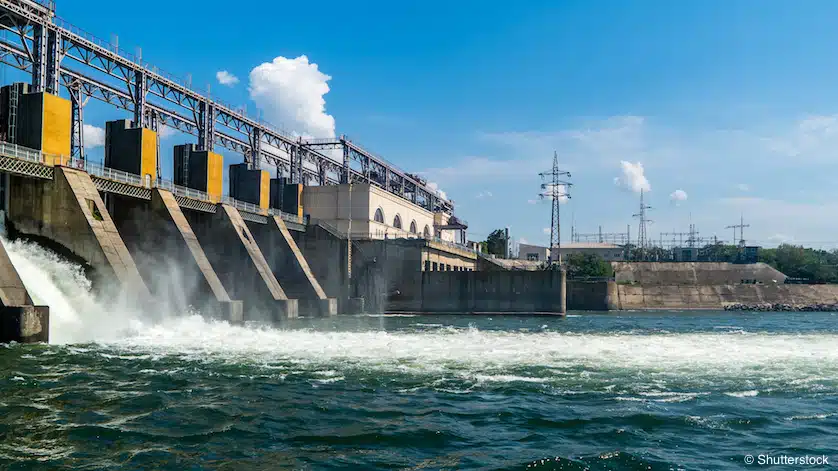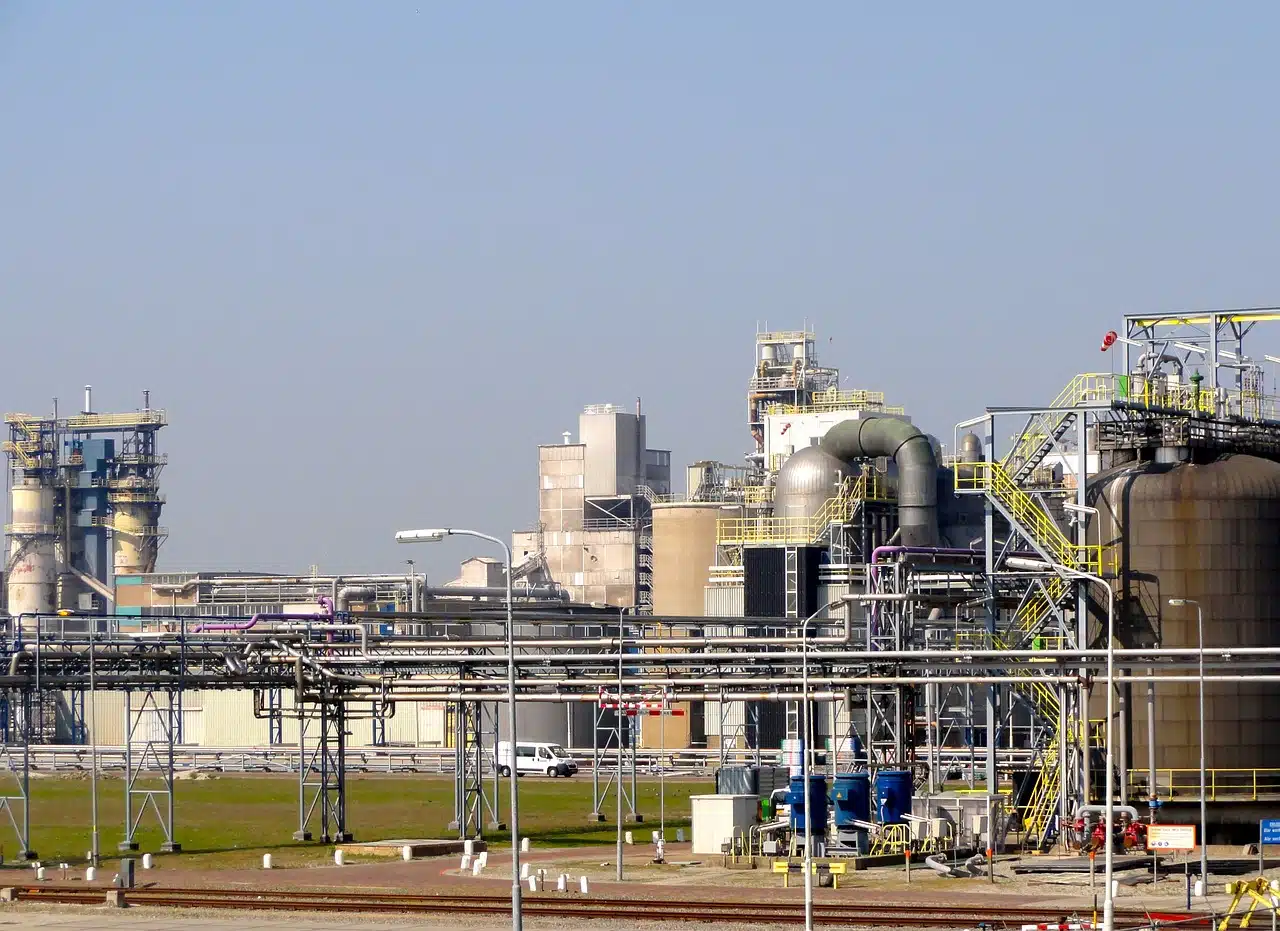Days after completing its acquisition of Shell’s onshore assets in Nigeria, the Renaissance Group has faced its first major operational setback with an explosion on the Trans-Niger Pipeline (TNP).
This was confirmed by the Group’s spokesperson, Tony Okonedo, who said a team was investigating the incident.
Vanguard, a local newspaper in Nigeria, reports that the Rivers State Police Command has confirmed the fire incident and even arrested two culprits for questioning.
The explosion reportedly took place near Bodo in Gokana Local Government Area, a region long plagued by pipeline vandalism and oil spills.
Local sources said the blast occurred late Monday night, raising concerns about environmental damage and potential disruption to crude oil transportation exports.
The TNP is a critical asset in Nigeria’s oil industry and has the capacity to move up to 450,000 barrels of oil per day from onshore fields in the area to the Bonny Export Terminal.
Renaissance, a consortium of five oil firms, successfully took over Shell’s (SPDC) onshore operations a few days ago.
The deal, valued at $2.4 billion, means that Renaissance inherit not only oil production facilities but also several key, howbeit aged assets across the Niger Delta.
The acquisition was hailed as a milestone in Nigeria’s efforts to increase indigenous participation in the oil sector, but this explosion highlights the risks involved.
Meanwhile, oil theft and pipeline vandalism have long been major concerns for oil operators in the Niger Delta.
Under Shell’s management, the TNP was frequently shut down due to leaks and illegal tapping, leading to financial losses and legal disputes with host communities.
Renaissance now faces the challenge of securing this asset key while maintaining production levels.
The explosion on the Trans-Niger Pipeline is perhaps a foreshadow of the challenges Renaissance will face in its new role as owner of some of Nigeria’s oldest oil assets.
How the company handles this crisis, including several unresolved lawsuits, could be a determinant of its success in future operations.
With investigations underway and pressure mounting to restore the pipeline, all eyes will be on Renaissance’s next move.
Industry observers are, indeed, curious whether it will rise to the occasion, or if it is the first of many struggles to come its way in Nigeria’s troubled onshore environment.









